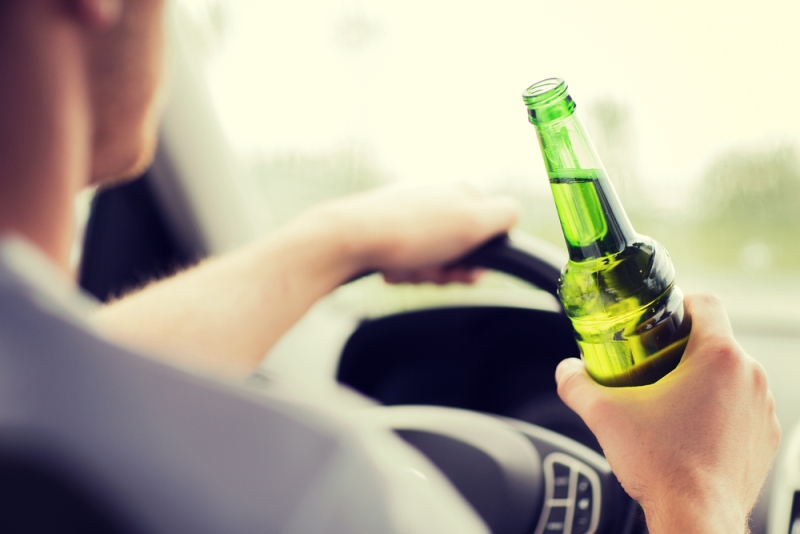
Tough laws centered around alcohol use may have benefits for everyone on the road. A new study has found that states with more restrictive alcohol policies and regulations have lower rates of self-reported drunk driving.
The findings were published in the latest issue of the International Journal of Alcohol and Drug Research. Led by researchers at the Boston University (BU) Schools of Public Health and Medicine and the University of Minnesota School of Public Health, the teams gave each state an “alcohol policy score” based on their laws centered around 29 booze-related policies, including alcohol taxation and the use of sobriety checkpoints.
The researchers found that laws intended to prevent binge drinking like high alcohol taxes and retail sale restrictions were just as effective at reducing drunk driving as laws specifically targeting impaired motorists. In addition, a mere 10% increase across all states in strength related to alcohol restrictions “would result in about 404,903 fewer impaired drivers monthly.”
Ziming Xuan, ScD, lead author of the study and an assistant professor of community health sciences at the Boston University School of Public Health, noted that the study “supports two parallel mechanisms involved in addressing drunk driving: Drinking policies reduce the likelihood of getting drunk, and driving policies prevent drunk folks from getting behind the wheel.”
However, the report also concluded that addressing alcohol abuse needs to remain a primary issue in order to reduce future instances of drunk driving.
“We haven’t done enough to prevent people from getting drunk in the first place,” said Dr. Timothy Naimi, the study’s senior author and an associate professor of medicine and public health at BU. “Drunk driving isn’t just a driving problem—it’s a drinking problem.”
A separate study released last April by BU found that states with more restrictive alcohol policies had fewer instances of both underage and binge drinking. The findings were based on data from surveys by the U.S. Centers for Disease Control and Prevention from 1999-2011. The lower drinking rates also applied when the policies were aimed at adults and not just teenagers.
